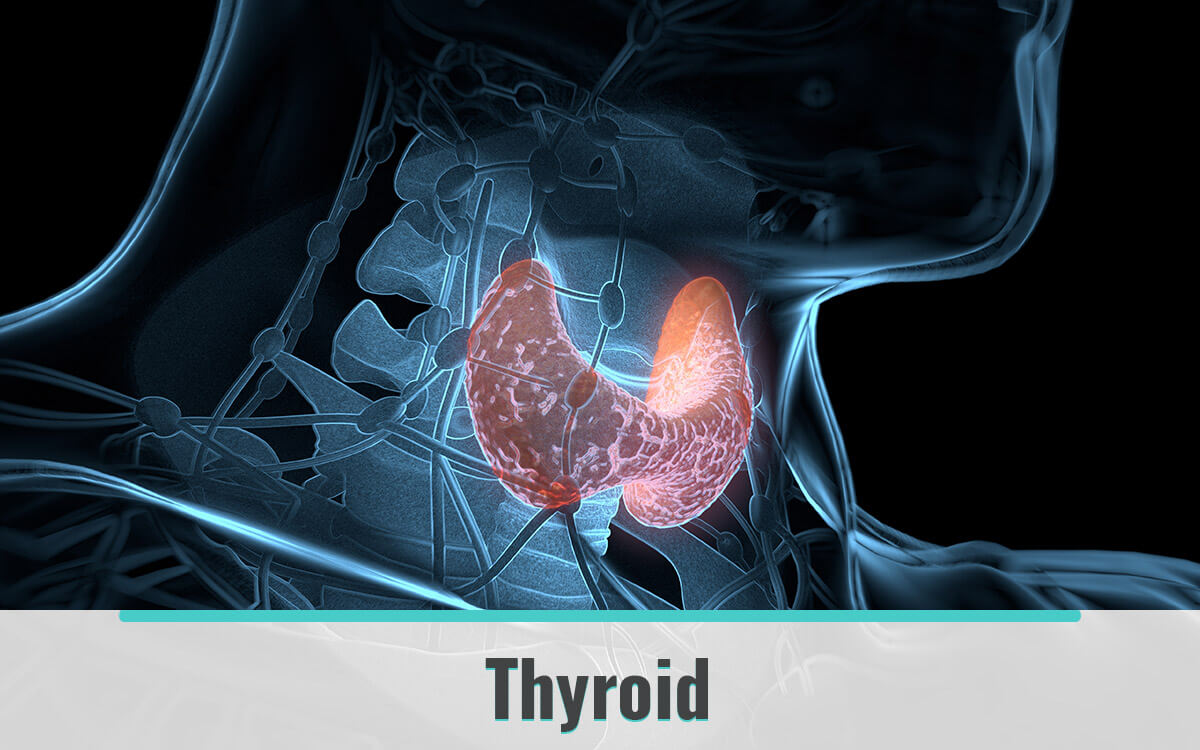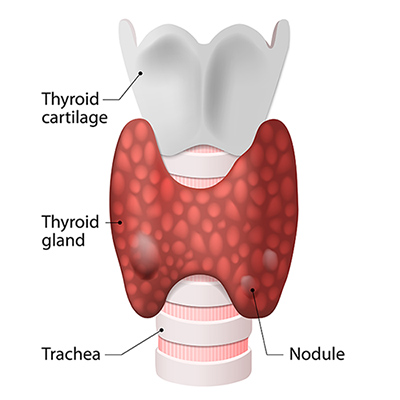


Will I need Surgery?
If all the investigations are reassuring and the thyroid lump or swelling is not causing any problems, then no treatment may be required. Sometimes, the size of the lump may be monitored by follow-up scans. Surgery is the recommended treatment for several disorders of the thyroid gland. These may include one of the following:
- Large thyroid or multi-nodular goitre (a goitre is an enlarged thyroid gland) causing obstructive symptoms of breathing or swallowing difficulties
- Solitary nodule thyroid adenoma (a benign tumour)
- Thyroid cancer
- Graves’ disease (hyperthyroidism or thyrotoxicosis)
- Recurrent thyroid cyst
What are the types of Surgery?
- Hemithyroidectomy
If the investigations are inconclusive in ruling out cancer, we will need to take out half of the thyroid gland to excise the lump and send it for detailed examination under the microscope to check for any cancer cells. Need for any further surgery (completion thyroidectomy) will be determined by the results of the histological analysis. - Total Thyroidectomy
In some cases with hyperactive thyroid not controlled with mediation or in glands which harbour a large cancer the whole of the gland will need to be excised. After total thyroidectomy your body won’t be able to produce any thyroid hormones and you will need to take hormone replacements for all your life.
What are the risks of surgery?
The surgery for thyroid is safe with a low complication rate.
- Bleeding (1%) -Bleeding after thyroid surgery usually occurs in the first 6 hours. It is particularly serious as the hematoma (blood clot) can if large can compromise the air passage and will need to be removed with immediate surgery.
- Nerve injury (1%)- Important nerves that control the movements of the vocal cords run in close proximity to the thyroid gland. They can sometimes have an unusual anatomical course and get injured during the surgery and result in hoarseness of voice.
- Low parathyroid hormone levels (10%)- The parathyroid glands control the blood calcium and lie in close proximity to the gland. These can be damaged during total thyroidectomy leading to low blood calcium levels and you may need calcium supplementation for life.
For further reading
www.btf-thyroid.org
www.onlinelibrary.wiley.com





 Youtube Channel
Youtube Channel